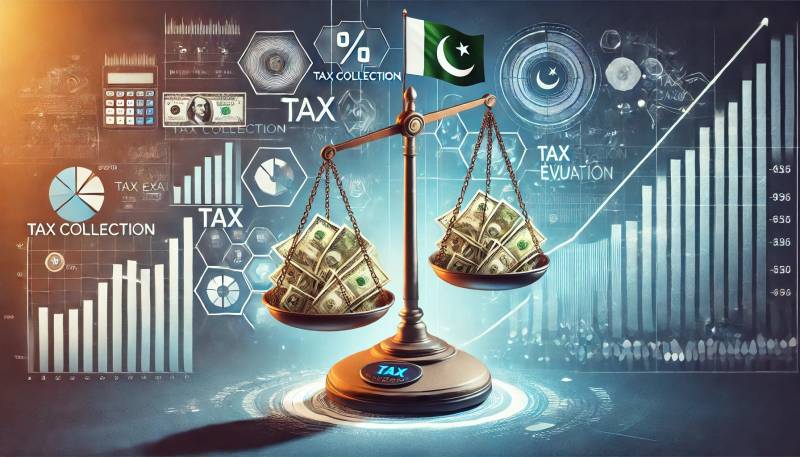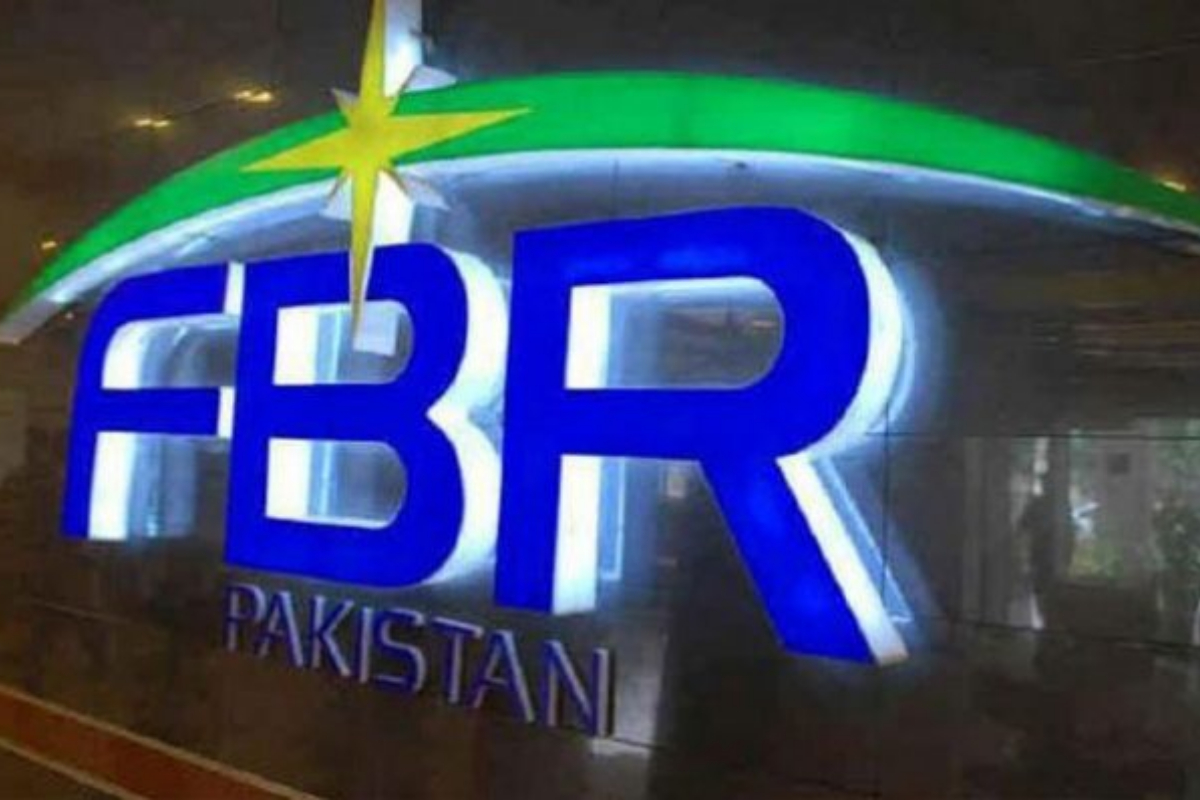Pakistan’s Revenue Soars, But True Tax Reform Still Missing
Pakistan’s total fiscal revenue has almost doubled in the past two years, jumping from Rs. 9.6 trillion to nearly Rs. 18 trillion, according to recent data from the International Monetary Fund (IMF). While this sharp increase appears encouraging, experts caution that the rise is largely superficial and masks critical weaknesses in the country’s taxation system.
The Ministry of Finance credits the revenue growth to improved tax collection, new levies, and central bank support. However, analysts argue that this progress has been achieved by repeatedly raising tax rates rather than expanding the number of taxpayers.
“This increase is largely cosmetic,” said an Islamabad-based investment banker. “The government keeps raising existing taxes every June, but the actual tax base has barely grown. We’re simply squeezing more out of the same people.”
Observers on social media have echoed similar concerns. “Electricity bills and salary taxes have doubled, but these are already documented sectors. Untaxed sectors remain untouched,” one expert noted.
READ MORE:
Sindh Health Department Refutes COVID-19 Death Reports in Karachi
Although the IMF has acknowledged the fiscal growth, critics question the lack of pressure from the lender for real structural reforms. “Track-and-trace systems are not fully implemented, and corporate executives aren’t required to certify company financials for the FBR. Unregistered transactions still go unchecked,” the banker added.
There is talk that the government might reduce income tax rates by 2.5% or adjust minimum wages to counter inflation. However, these proposals remain dependent on IMF approval.
In the meantime, the government is planning new tax measures, including Rs. 150 billion on snacks and packaged foods, Rs. 600 billion from online content creators, Rs. 80 billion from a petroleum levy hike, and Rs. 295 billion from retailers through stricter enforcement. These efforts are seen by many as short-term revenue generation tactics rather than genuine reform.
“I fear these superficial gains will harm the credibility of any future FBR reforms,” one expert commented. “We’re just overburdening those already paying taxes, while ignoring the informal economy.”
Until Pakistan undertakes serious reforms and broadens its tax net, experts warn that these gains may be short-lived, and the economic burden will continue to fall on a narrow base of taxpayers.



